30 superhero movies with secret (and not-so-secret) political messages
20. Kick-Ass (2010)
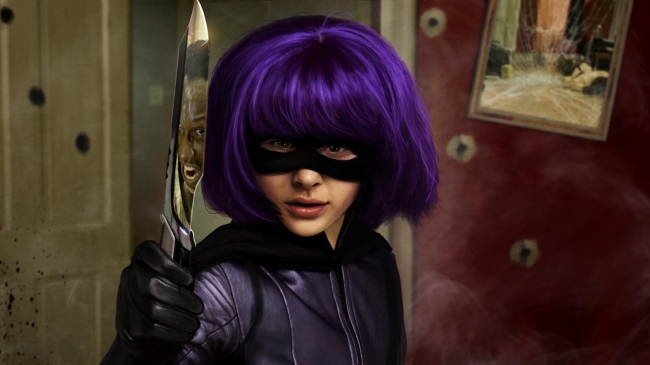
On seeing an 11-year-old child slice, dice and swear her way through a movie, most were shocked by the obvious. Those who bothered to look a little deeper, however, saw something extremely refreshing. This tiny, somewhat psychopathic, little girl is the hero of the piece. And her sex is absolutely by-the-by.
"We just really wanted Hit-Girl to be a character who, in a sense, simply happens to be an eleven-year-old girl, in the same way that Ripley in Alien could have been a guy but the part happened to be played by Sigourney Weaver," explained writer Jane Goldman in an interview with The Guardian. “She's a feminist hero by token of the fact that she pays no attention to gender stereotypes. I think she also doesn't want special treatment because she's a girl."
19. Super (2010)
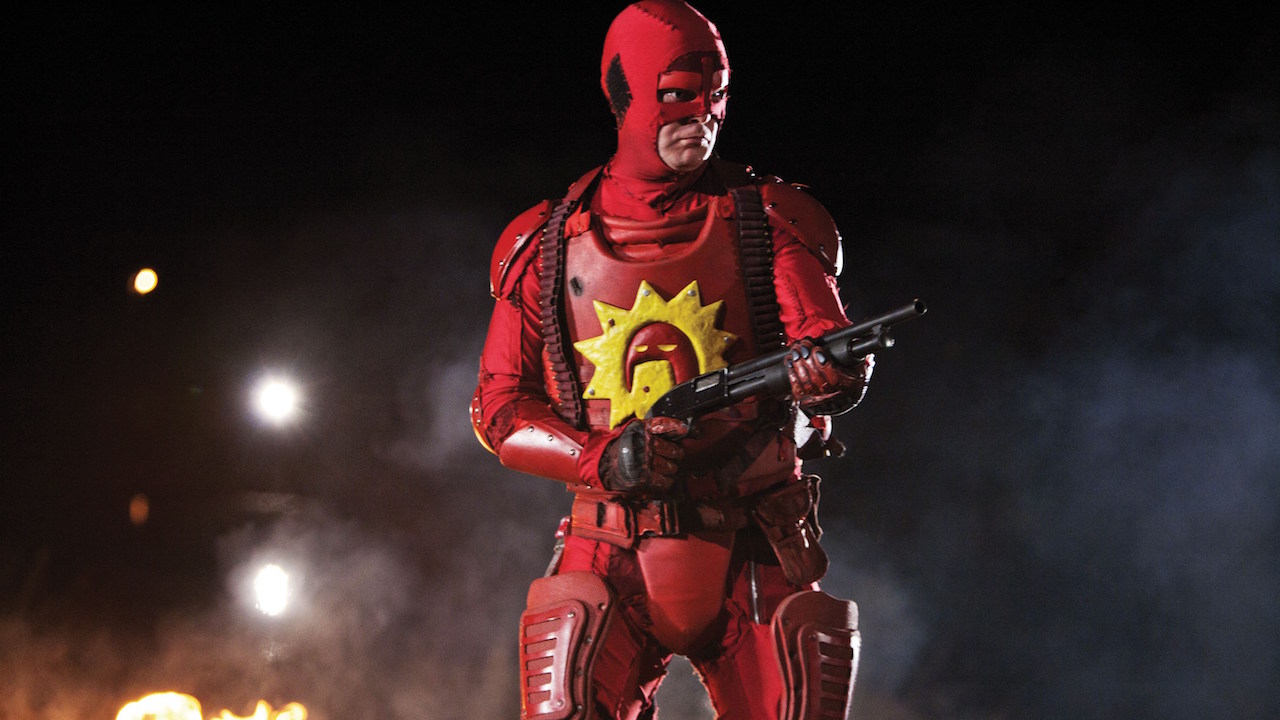
Before he was brought aboard for Guardians of the Galaxy, director James Gunn created a darkly funny subversion of the superhero movie template with Super. In an unexpected turn, however, Super turns its satirical eye to the topic of religion. It is the Lord himself who commands Frank to become The Crimson Bolt, and the character goes on to brutally murder those who commit crime, all while doing so in the name of God.
Considering the tenuous sanity of Frank himself, this could well be an example of a character who mistakes the dark recesses of his own conscience as a form of divine intervention. God, faith and religion don’t come off all too well, then.
18. Captain America (2011)
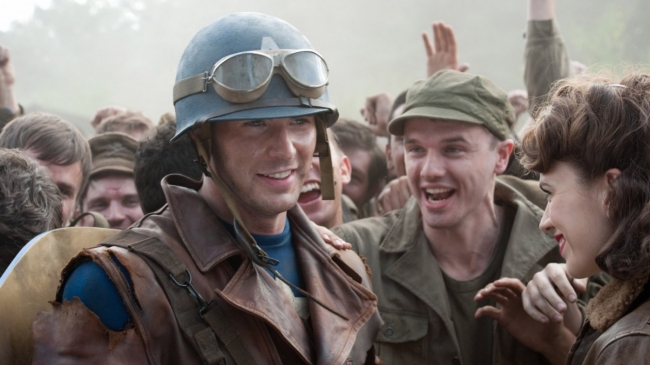
If muscle-bound science experiment Captain America seems like an obvious pro-war symbol, it’s because he is. Originally conceived in 1940 to do battle with Hitler, the character entirely evokes the value of the all American hero – patriotism and utopianism.
Steve Rogers is the epitome of the selfless hero, desperate to go to war and willing to go to any lengths to fight for his country. In today’s climate, it’s a hard sell, but Cap’s pure intentions, courageous sentiment and heroic ideology evoke a nostalgia for a simpler time - before corporations and agendas and greed got in the way. As Agent Coulson remarks in Avengers Assemble: “Everything that’s happening, the things that are about to come to light... people might just need a little old fashioned.”
17. X-Men: First Class (2011)
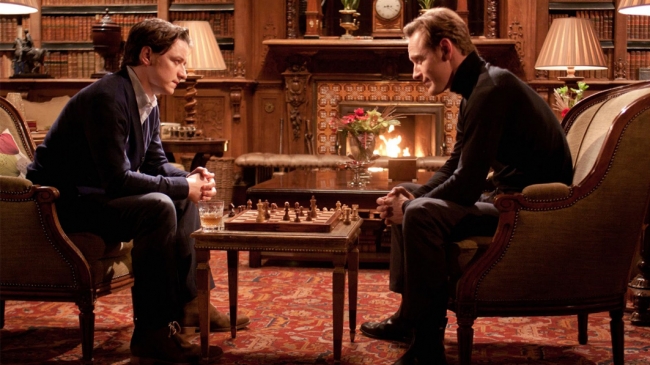
Set against the backdrop of the Cold War and at the height of the Cuban Missile Crisis, First Class cleverly evokes the zeitgeist of the era, intertwining it with X-Men mythology.
Bringing all the latest movie news, features, and reviews to your inbox
Eschewing the temptation to go over the top with fantasy, instead the film is rooted in the genuine fears of the time - international espionage, government cover-ups and conspiracy theories – using them to the plot’s advantage and provoking thought too.
16. The Green Hornet (2011)
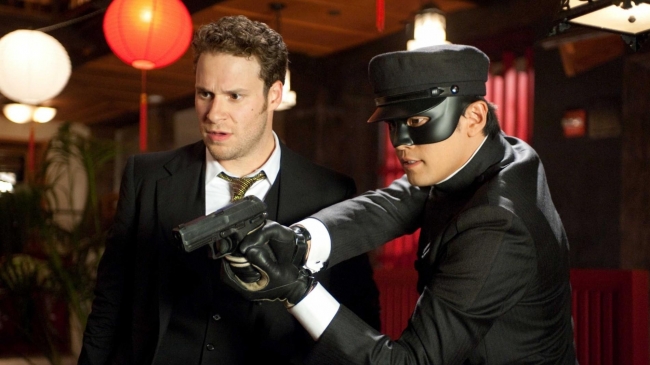
In his transition to the big screen, pulp hero Brett Reid, who is more than just a vehicle for goofy lines and slapstick humour. Like many of his generation, trust fund millennial Reid is facing a crisis of masculinity, unsure what his place is in society and what’s expected of him.
In turn, there’s a larger metaphor as the United States also struggles for identity - to find a way to continue its place in the centre of economic, political, and social circumstances. Both are trying to achieve the American dream.
15. The Amazing Spider-Man (2012)
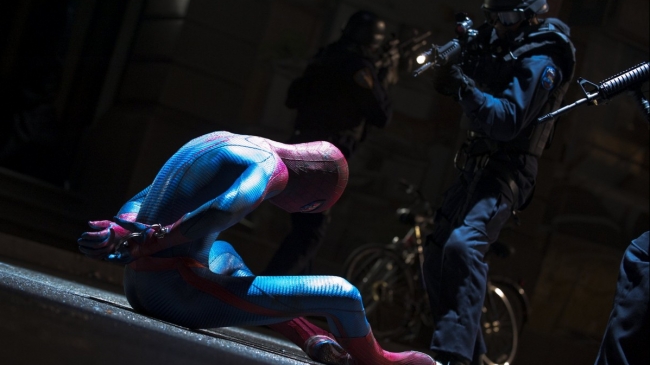
Perhaps simpler in intent than Raimi’s earlier films, The Amazing Spider-Man still sees patriotism rewarded. Throughout the movie, any of the good that Spider-Man does as a vigilante (though his true intent may not be totally pure) is ignored.
Instead he is hunted as a criminal himself. But when his purpose becomes honourable – and above all, patriotic – Spidey is rewarded with support, by both New York’s crane driving citizens and the city’s police force.
14. The Dark Knight Rises (2012)
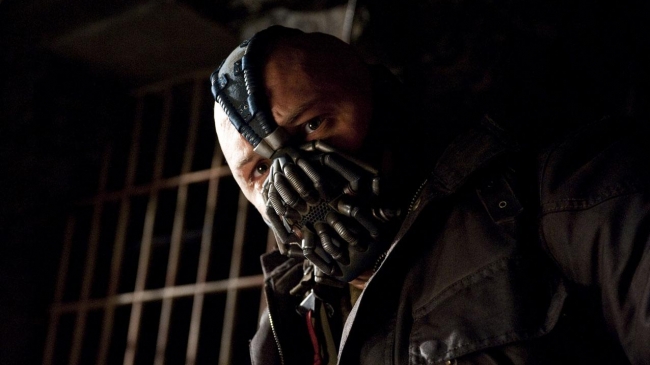
Tying in the themes first set up in Batman Begins, The Dark Knight Rises once again introduces villains that terrorise Gotham as a metaphor for the United States. This time it's class war - with many seeing Bane's attacks on Wall Street serving as an allegory for the world-impacting failures of the U.S banking system.
Like many corporate villains and cynical politicians, Bane hides his true intentions of finishing Ra’s al Ghul’s work under the guise of helping the city’s people - and does more damage to Gotham than any other villain of the trilogy. In one scene the heavily-accented brute is literally placed in opposition to the USA, as he sets off explosives in a football stadium just after the national anthem has been sung.
13. Avengers Assemble (2012)
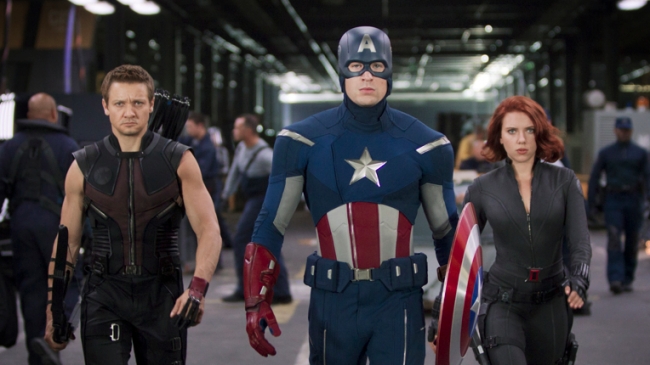
From the right angle, it’s possible to see how celebrated lefty Joss Whedon has slyly stuck his liberal stamp all over this superhero extravaganza. From casting some of Hollywood’s most progressive stars, including anti-fracking advocate Mark Ruffalo, to passing commentary on right-wing commentators through Loki’s rants about how oppression is better than freedom.
As can be expected of Whedon, there’s also a notable feminist perspective. The film’s female lead, Black Widow, is as much front-and-centre as her male counterparts – transitioning her from the femme fatale cliché we saw in Iron Man 2 , to bona fide kick-ass hero. And all without being heavy-handed about it too.
12. Dredd (2012)
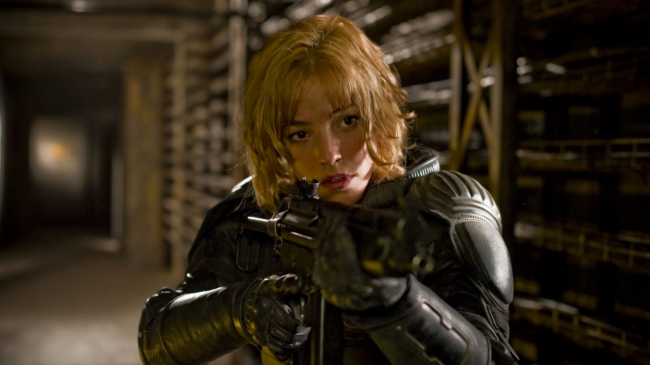
In this day and age, that there’s equality in the portrayal of male and female characters in this film shouldn't be exceptional. But it is. Neither heroine Judge Anderson and villainess Ma-Ma are sexualised, weak, or over-emotional. They share equal screen time with the titular hero Judge Dredd, their wardrobes are genderless, and they actually have personalities. They are simply excellent characters who happen to be women.
Of course, there is the inconvenient fact that the Street Judges are essentially are glorified take on police brutality, but best not to dwell on it.
11. Iron Man 3 (2013)
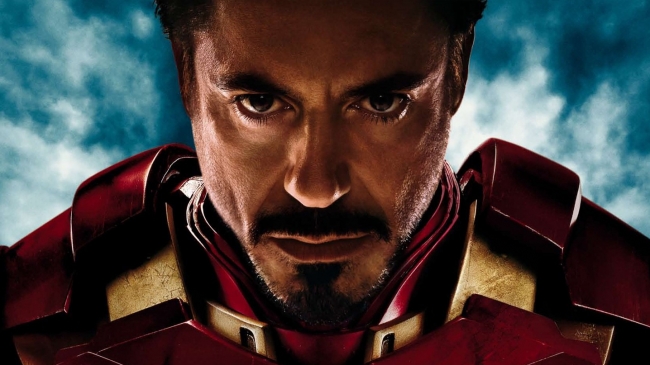
At several points in this third film in the Iron Man series, we see echoes of modern-day terrorism. A US army veteran self-combusting in rural Tennessee allows for contemplation on the rising rates of military suicide, while depictions of the shadows of the dead inscribed on walls recall the aftermath of Hiroshima and Nagasaki.
And then there’s The Mandarin himself – a vague mish-mash of ‘terrorist’ tropes, albeit with no discernible ideology, political association or definable ethnicity. The public face of the evil organisation is essentially a hybrid of Bin Laden, and Ming The Merciless.
I'm GamesRadar's Features Writer, which makes me responsible for gracing the internet with as many of my words as possible, including reviews, previews, interviews, and more. Lucky internet!



